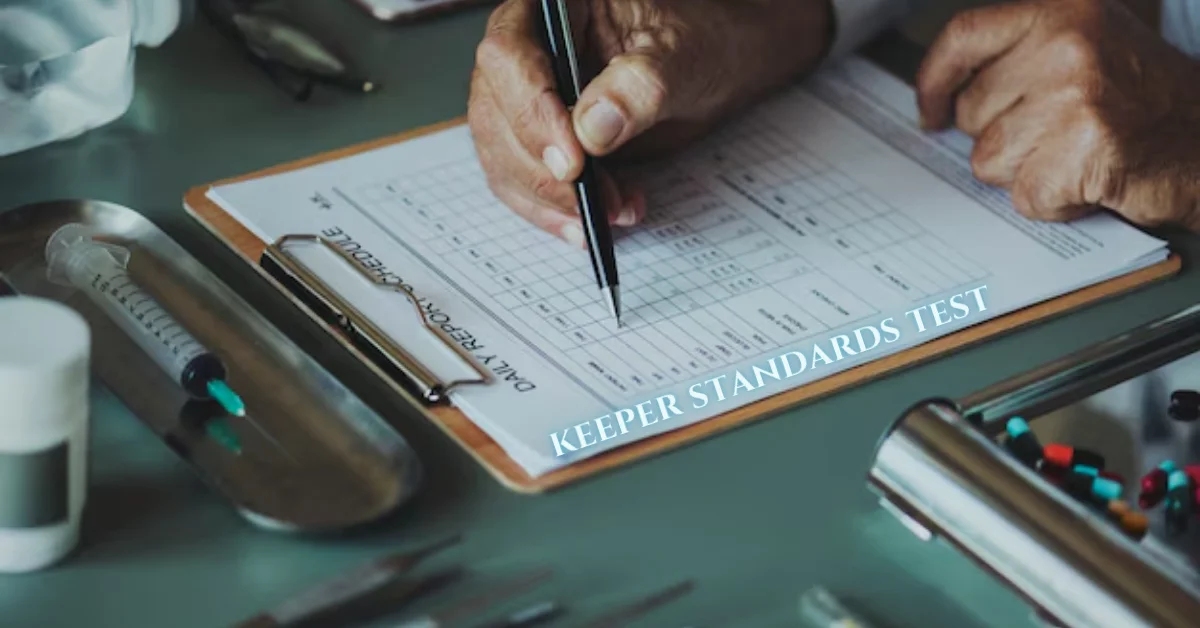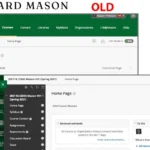Introduction to the Keeper Standards Test
The Keeper Standards Test is a crucial benchmark for goalkeepers aspiring to reach the pinnacle of their sport. It’s more than just an assessment; it’s an opportunity to showcase your skills, resilience, and readiness under pressure. Whether you’re stepping onto the field for the first time or looking to refine your game, understanding this test can make all the difference in elevating your performance.
Imagine standing between the posts, ready to defend against relentless shots and unpredictable plays. The anticipation builds as you prepare not only physically but mentally for what lies ahead. This test evaluates your ability to perform at peak levels when it counts most.
Dive into this guide where we’ll explore how you can prepare effectively, sharpen essential skills, and develop strategies that ensure you’re not just passing the Keeper Standards Test but excelling in it! Let’s break down what you need for success on this pivotal journey.
How to Prepare for the keeper standards test?
Preparation for the keeper standards test begins with understanding its structure. Familiarize yourself with the specific drills and skills involved. This knowledge will help you strategize your practice sessions effectively.
Next, create a dedicated training schedule. Consistency is key in building your skills and confidence. Allocate time daily or weekly to focus on different aspects of goalkeeping, such as shot-stopping or distribution techniques.
Incorporate video analysis into your routine. Watching footage of previous tests can provide insight into common scenarios you’ll face. Analyze successful performances to identify effective techniques.
Don’t forget about physical conditioning. A well-rounded fitness regimen enhances endurance, agility, and strength—critical components for any goalkeeper facing high-pressure situations.
Simulate testing conditions during practice sessions to reduce anxiety on test day. The more familiar you are with the environment and expectations, the better prepared you’ll be when it counts most.
Essential Skills and Techniques for Peak Performance
Mastering the Keeper Standards Test requires a blend of essential skills and techniques. First, agility is crucial. Quick lateral movements can make or break your performance in goalkeeping situations. Practice shuttle runs to enhance your speed.
Next, hand-eye coordination plays a pivotal role. Regular drills involving catching balls from different angles will sharpen this skill. It’s about anticipating the ball’s trajectory and positioning yourself accordingly.
Communication with defenders cannot be overlooked either. Establish clear signals during practice sessions to create an effective defensive unit on the pitch.
Focus on shot-stopping techniques by varying your training scenarios. Face shots from close range as well as long-range efforts to diversify your experience under pressure.
Incorporating these elements into your routine can significantly elevate your game performance when it matters most.
Mental and Physical Training Strategies
Mental training is as vital as physical preparation for the keeper standards test. Visualization techniques can help reinforce your game plan. Picture each save, every dive, and how you’ll respond under pressure.
Mindfulness practices enhance focus during high-stress situations. Meditation or breathing exercises can ground you, keeping anxiety at bay before your test.
Physical conditioning must be tailored to the demands of goalkeeping. Functional strength training will improve your explosive movements. Plyometric exercises are particularly beneficial for quick reactions and agility.
Don’t forget about endurance; it plays a crucial role in maintaining performance throughout the test’s duration. Incorporate interval running into your regimen to simulate match conditions.
Practice regularly with drills that mimic real-game scenarios. This approach not only hones technical skills but also builds confidence in your abilities when it matters most.
Common Mistakes to Avoid During the Test
When facing the keeper standards test, awareness of common pitfalls can make all the difference. One major mistake is underestimating the importance of preparation. Skipping practice sessions or neglecting drills can lead to disappointing results.
Another frequent error involves poor time management during the test. Rushing through tasks may seem tempting, but this often leads to careless mistakes that compromise performance. Take a moment to breathe and focus on each requirement.
A lack of adaptability also proves detrimental. Conditions may change unexpectedly; being rigid in approach could hinder your ability to perform well when it matters most.
Failing to stay mentally engaged throughout can be a setback. Distractions abound, making it crucial to maintain concentration from start to finish. Staying present ensures you give your best effort at every stage of the test.
Tips for Maintaining Performance Levels Over Time
Consistency is key. To maintain your performance levels in the keeper standards test, create a structured training routine. This helps your body adapt and improves muscle memory.
Regularly assess your skills. Record your practice sessions to identify areas needing improvement. Video analysis can provide insights that are often missed during live play.
Stay engaged with teammates or peers who share similar goals. Training together fosters motivation and healthy competition, pushing you to strive for excellence.
Rest is just as important as practice. Prioritize recovery days to prevent burnout and injuries while allowing muscles time to rebuild stronger.
Incorporate varied drills into your regimen. Mixing up techniques keeps things fresh and challenges both mind and body, preventing stagnation in skill development.
Set realistic short-term goals alongside long-term aspirations. Celebrating small wins will keep you motivated on this journey toward sustained peak performance.
Conclusion: Why the Keeper Standards Test Matters and How to Succeed on it?
The Keeper Standards Test is more than just an assessment; it’s a vital part of a goalkeeper’s journey. It gauges skills that are essential for peak performance, ensuring you’re ready for the challenges on and off the field.
Success in this test can set you apart from your peers. It demonstrates commitment to your craft and showcases your dedication to improvement. Preparing adequately by honing essential skills, both mentally and physically, will help elevate your game.
Avoiding common pitfalls during the test is crucial—for every mistake learned now could be a lesson applied later in high-pressure situations. Additionally, maintaining peak performance over time requires ongoing training and mental resilience.
Whether you’re a seasoned goalkeeper or just starting out, embracing the process of preparing for the Keeper Standards Test can lead to remarkable growth as an athlete. Remember that each step taken today is paving the way toward future successes in goalkeeping.
ALSO READ: Efficient Strategies For Payroll Management In Modern Businesses
FAQs
What is the “Keeper Standards Test”?
The Keeper Standards Test is a rigorous assessment designed to evaluate technical proficiency, decision-making skills, and readiness for high-stakes roles. It ensures candidates meet industry benchmarks for excellence and reliability in critical positions.
How should I prepare for the Keeper Standards Test?
Focus on mastering core technical skills, practicing scenario-based simulations, and reviewing industry best practices. Mock tests and peer feedback are key to refining accuracy and speed under pressure.
Which industries commonly use the Keeper Standards Test?
It’s widely adopted in fields like cybersecurity, healthcare, aviation, and engineering—any sector where precision, compliance, and operational integrity are non-negotiable.
Why is ethical judgment emphasized in the test?
Ethics ensure candidates prioritize safety, compliance, and accountability. The test evaluates how individuals balance efficiency with moral responsibility in high-pressure situations.
How do results impact career progression?
High scores validate expertise and readiness for advanced roles, often leading to promotions, specialized certifications, or leadership opportunities in regulated industries.











